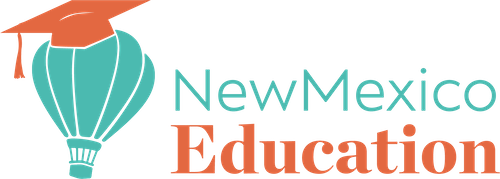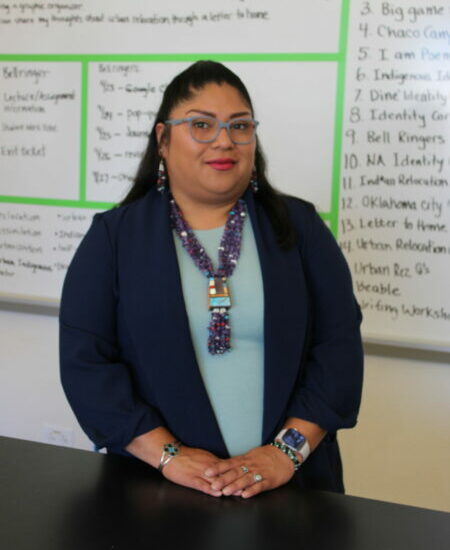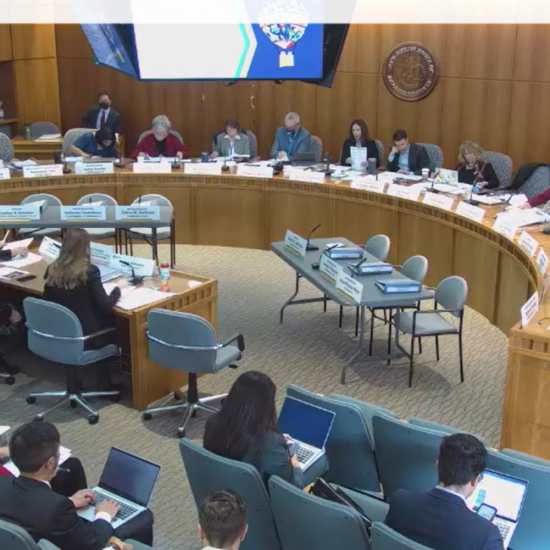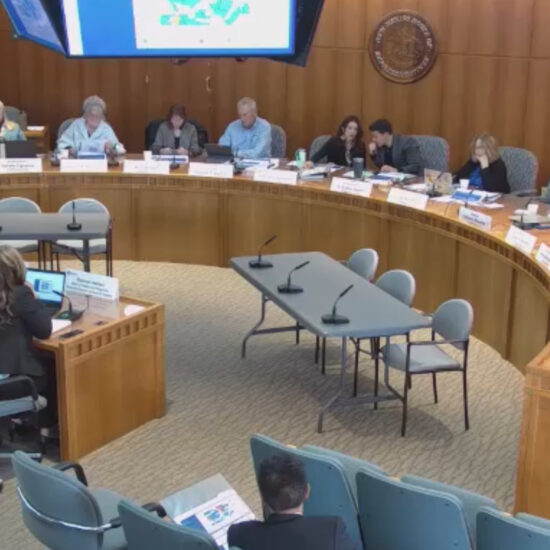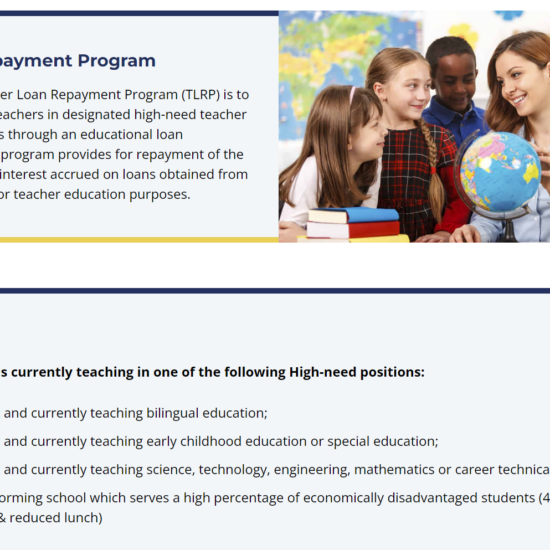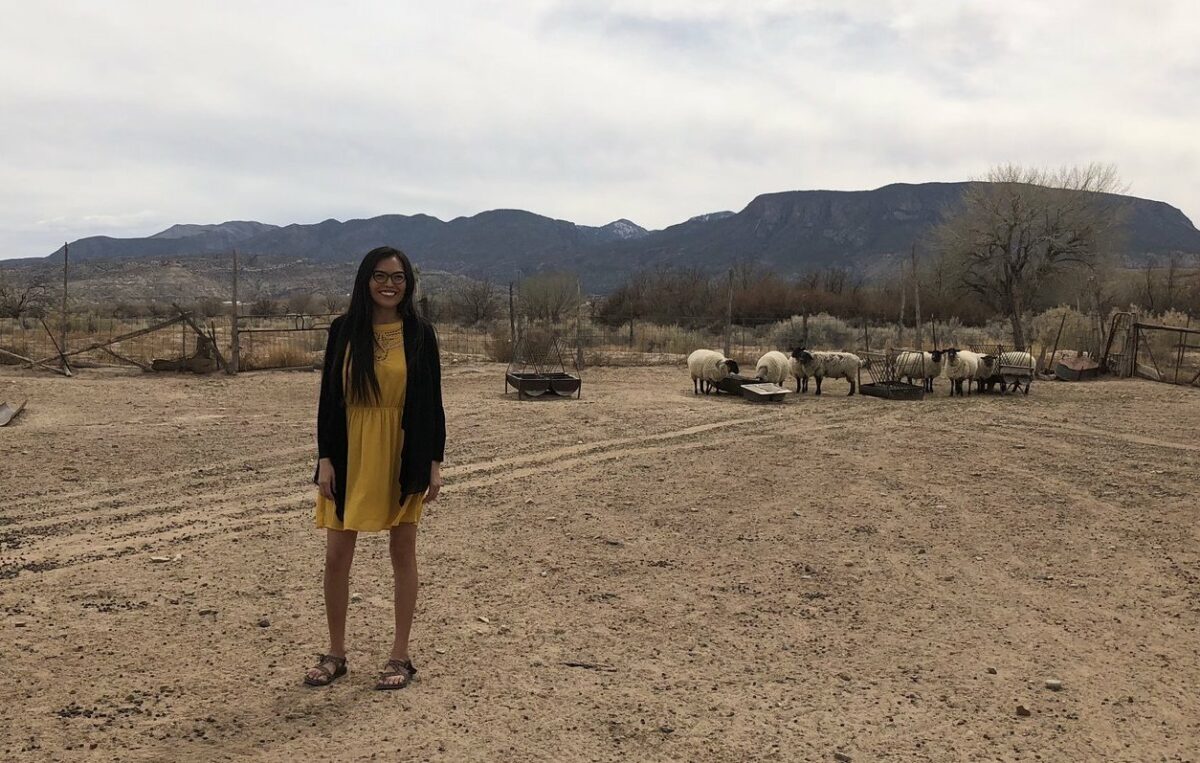
Name: Andrea Thomas
Hometown(s): Shiprock, NM & Teecnospos, AZ
Current City: Shiprock, NM
Grades Currently Taught: 3rd/4th (looping)
School and District: Mesa Elementary in Central Consolidated Schools
In looking at your background, you’ve taught for half a decade now. Teachers are notorious coffee drinkers to fuel them through those long school days. Has teaching made you a coffee drinker? Favorite coffee?
Yes, being a teacher has turned me into a monster coffee drinker. To be honest, I’m very spoiled because I never have to make my own cup of coffee. No matter the brand or roast, as long as my husband makes it, I’m good!
You became somewhat of a local celebrity via a #NMTrue video that came out in February. Can you talk about that experience and what it’s meant for you, your school, and community?
It was an amazing experience, not just for me, but for my students too. The students were fascinated with the production crew and cameras; they too felt like celebrities. More importantly, it gave exposure to Shiprock and the experience of teaching on the reservation with Navajo students. As a state that has twenty-three recognized Indian tribes, it’s crucial that future and current educators have diverse perspectives of students from across the state.
And I think the #NMTrue video is a great idea for teacher recruitment, and am appreciative to have participated in such a unique opportunity. I look forward to the upcoming videos!
New Mexico Continues to Equip, Empower, & Champion Teachers Statewide via Teacher Recruitment & Teacher-Leadership Efforts. For more information, visit http://webnew.ped.state.nm.us
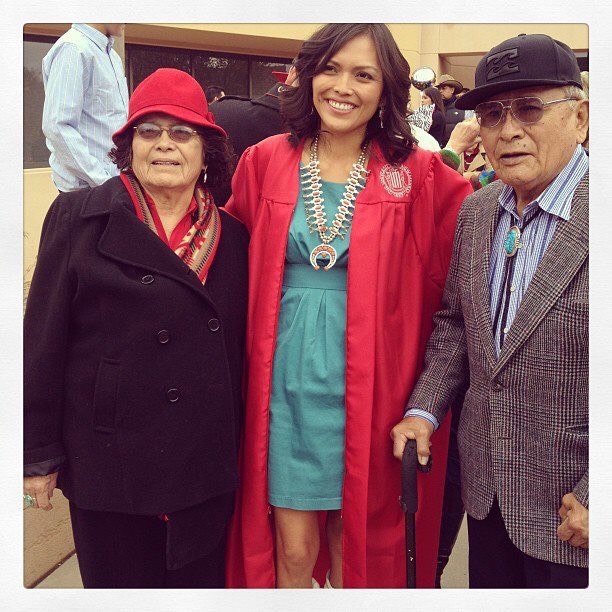
Talk about your family background and how that’s shaped your career and your beliefs about public education.
I come from a family of educators. My role model, and hands down favorite educator, has been my Cheii (grandfather). My grandfather was a product of the boarding school systems. After the death of his mother at age nine, he was sent to his first of many Bureau of Indian Affairs schools.
He experienced difficulty mastering the English language when he began school, but remained a fluent Navajo speaker. I believe it was his work ethic that elevated him to master the English language. For this reason, he made the choice of teaching his five children English only – and to this day regrets making that decision.
Despite the historical and cultural difficulty of that experience he went on to earn advanced degrees from Utah State and The University of New Mexico (“Everyone’s A Lobo!”). He then went on to work for Navajo Nation schools for more than 40 years as a teacher, principal, and then superintendent. Teaching is deeply personal to me and I have a lot to live up to!
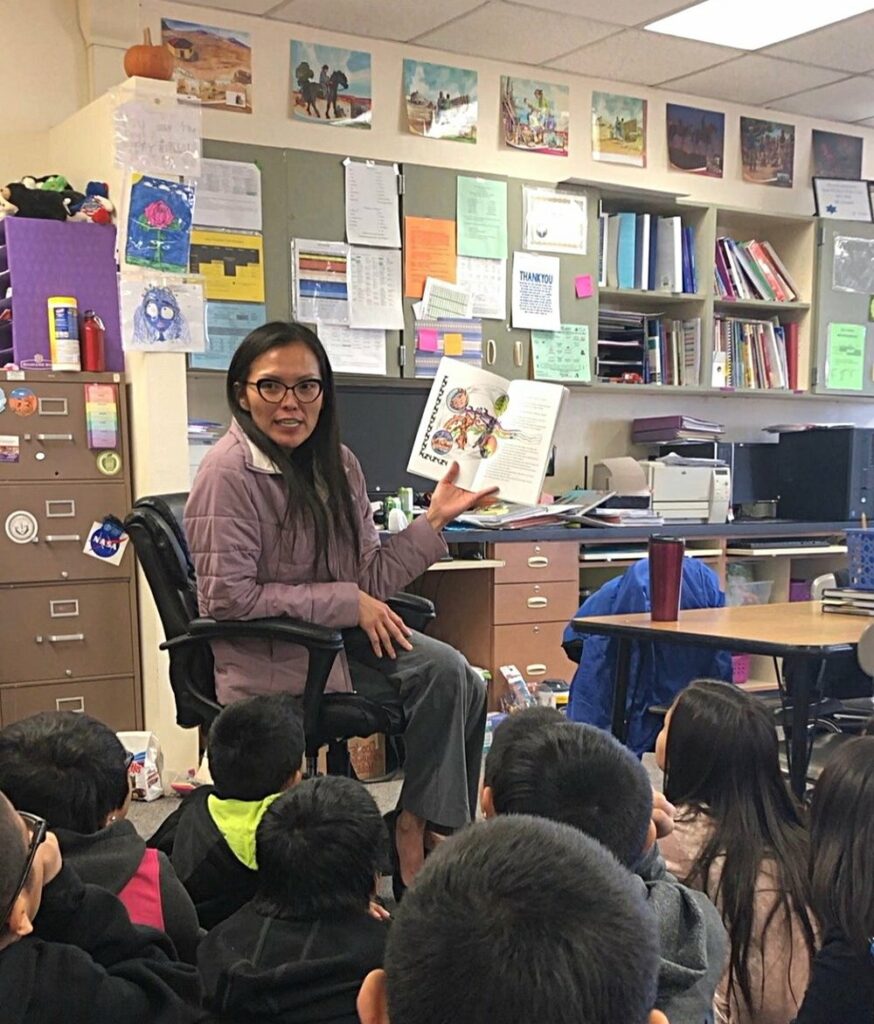
As a proud Diné tribal member, what does it mean to be a Native teacher working with Native students in a state that has some of the most alarming outcomes for Native peoples?
There needs to be a stronger systematic approach to addressing the unique challenges facing our students on the reservation. My personal educational experiences of growing up on the reservation and in the suburbs of Chandler, AZ, provided me with the insight of the challenges that many of our indigenous youth encounter going between traditional and western teachings.
My life has been a tapestry of woven paths as I continually integrate my culture and life within the dominant society. Throughout my educational upbringing I juggled my Native traditional practices as a Navajo first and infused that into mainstream views. It was difficult, but I had family support to help me maneuver my choices.
Our Native students experience this every day on the reservation. I see myself as a role model and part of their access to the outside world. Many times they are reluctant to step out of their comfort zone to try new opportunities. So, I try to continually share opportunities that help guide their choices. I also continually advocate for the educational rights and opportunities for students in our Native communities.
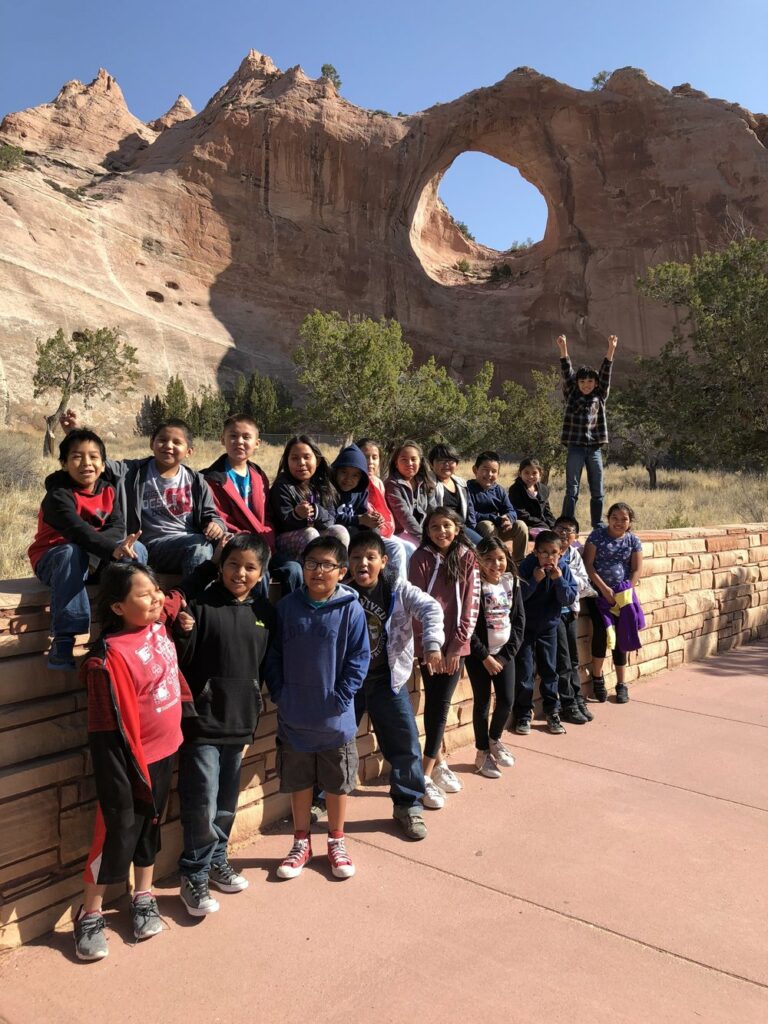
What’s the one change in New Mexico education that’s the most needed or would have the biggest impact?
The one change that I believe would make the biggest impact would be to provide professional development that reflects the diverse needs of our communities. I believe that New Mexico is headed in the right direction through NMPED’s Teacher Leader Network (NMTLN).
They truly believe the power of change begins in the classroom with the teacher. In hopes of supporting teachers NMPED has offered an abundance of professional development covering a wide range of topics surrounding education, and helped to develop teacher created resources to enhance instructional methods and teaching practices.
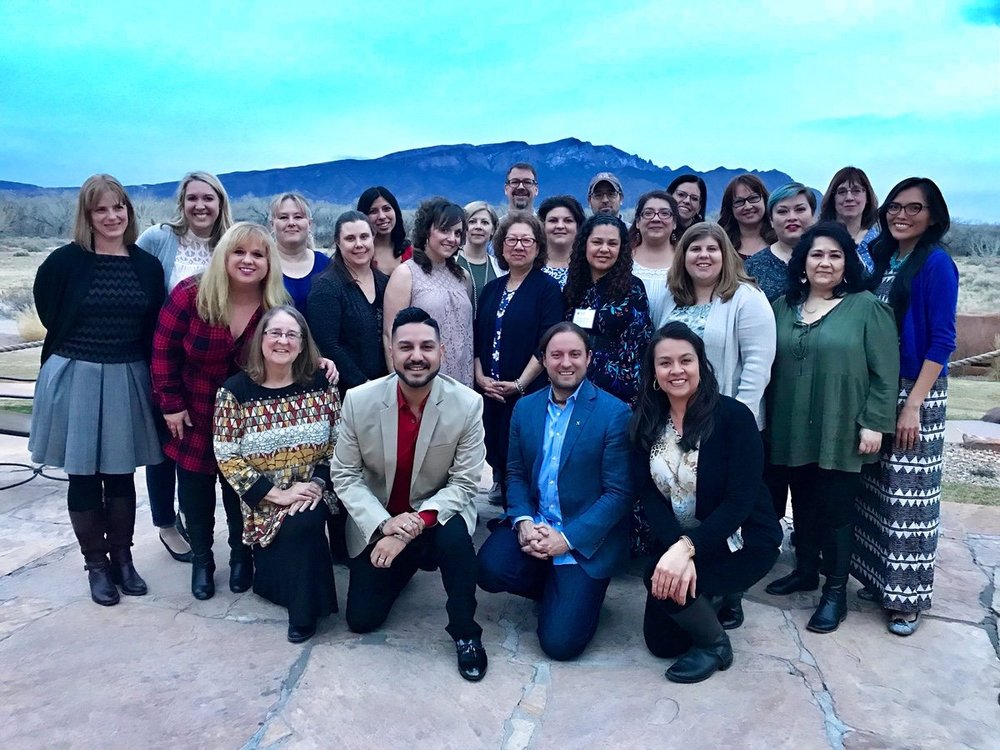
Speaking of NMPED, you are a member of the “Secretary’s Teacher Advisory”. Can you share more about what brought you to be interested in that and how the experience has been?
The Secretary’s Teacher Advisory (STA) was first put on my radar last year during the Teacher Summit. With the encouragement of Teacher Leader Liaison Alicia Duran, I decided to apply. I wanted to make sure that Shiprock, as well as other Native communities, are represented and have a teacher voice to advocate for them.
As a member of STA I not only found my voice to advocate for change, but I also acquired the confidence to share my teacher story. This teacher leader network has broadened my perspective of education in New Mexico, and given me access to an amazing network of colleagues that represent our diverse schools across the state. We don’t all agree on everything, but are all committed to improving our practice to better reach all our students.
